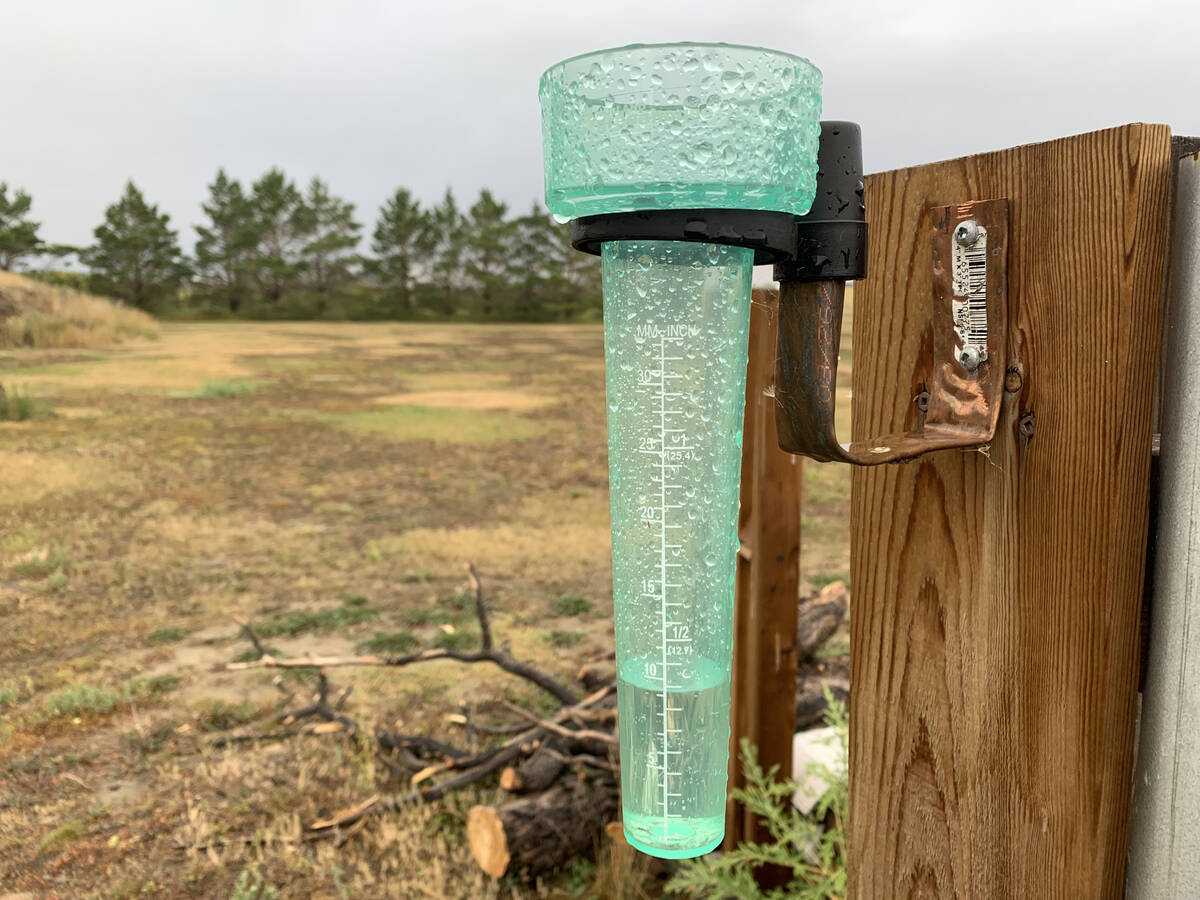An Australian grain company and a Japanese agricultural co-operative are spending $120 million on a high-throughput grain elevator network in Western Canada.
GrainCorp, which operates the largest grain storage and transportation network in eastern Australia, is investing $30 million in the venture, as is its business partner, Zen-Noh Grain Corporation.
Zen-Noh Grain Corp. is a subsidiary of Zen-Noh, which is one of the largest agricultural co-operatives in the world and the largest buyer of feed grains in Japan.
The remaining $60 million will come from debt financing.
Read Also

Southeastern Prairies get drought relief in September
September drought monitor from Agriculture and Agri-food Canada shows welcomed precipitation in coastal B.C. and southeastern prairies
The joint venture, known as GrainsConnect Canada, will build four concrete elevators with loop track rail systems, starting in the spring or early summer of 2016.
Warren Stow, North American trading director for GrainCorp Canada, wouldn’t divulge the exact locations for the proposed facilities, but the plan is to build two in Saskatchewan and two in Alberta.
Each elevator will have 35,000 tonnes of grain storage capacity and the ability to load 130 to 150 rail cars in 10 hours.
GrainsConnect will focus on bulk shipments of wheat, canola, barley and peas. Product will be shipped through the West Coast to markets in Japan, China and Southeast Asia.
“We’d like to have the most efficient supply chain in Western Canada,” said Stow.
“We see it as the only way you’re able to compete down the track.”
The company is in discussions with an undisclosed west coast grain terminal operator about using its facility to get the grain to market. Stow wouldn’t divulge if the facility was located at Port Metro Vancouver or the Port of Prince Rupert.
GrainCorp already owns Canada Malting Co. and operates a grain marketing office in Calgary.
Stow said GrainCorp Canada’s export volumes were down in the deregulated post-Canadian Wheat Board export monopoly environment.
“The incumbents don’t make it easy on you. We feel that our best opportunity is going to be having a supply chain of our own,” he said.
Stow said joining forces with an end-user like Zen-Noh was a key aspect of the venture.
“We feel they’re a great partner for us (with) the ability to take a substantial amount of grain pretty immediately,” he said.
Tom Steve, general manager of the Alberta Wheat Commission, believes it is a big win for Western Canadian farmers.
“We see this as good news that companies want to invest here. We will produce the grain if they want to buy it and move it,” he said.
“It seems as though Canada is a very attractive environment for investment in grain origination.”
Steve said the GrainCorp announcement means more delivery options and price competition.
“There are pockets in Alberta and Saskatchewan where we may go from two competitors to three in a local marketplace. That should put increased pressure on the buyers to offer an attractive price,” he said.
Dale Leftwich, chair of the Saskatchewan Canola Development Commission, is thrilled another player will be bidding on canola.
“For a long time there wasn’t a lot of capacity and now there seems to be quite a bit, so that’s encouraging,” he said.
He thinks Zen-Noh may have been partially motivated by the new Trans-Pacific Partnership agreement.
“As the tariffs are being lowered on canola in Japan, this may be something that they looked at and said, ‘that’s why we want to be (in Western Canada) because canola is more competitive now with soybeans,’ ” said Leftwich.
sean.pratt@producer.com















